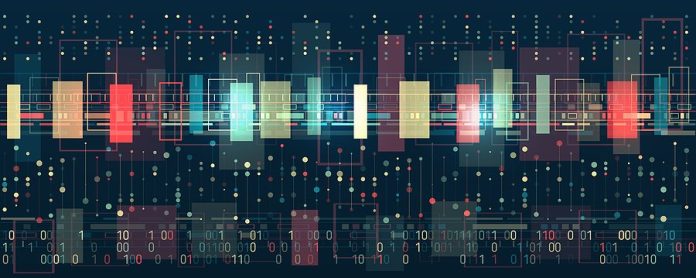NIST Quantum-Resistant Encryption
♦ NIST Quantum-Resistant Encryption – the National Institute of Standards and Technology has announced the first series of quantum-resistant computer algorithms able to secure digital information in a post-quantum world.
NIST has identified four encryption tools specifically designed to withstand future hacking by a quantum machine. The 4 algorithms contribute to NIST’s ongoing post-quantum cryptographic standard, and will be finalized in roughly 2 years. They are available on NIST’s website, and are referred to as Crystals-Kyber, Crystals-Dilithium, Falcon and SPHINCS+.
As quantum technology begins to take shape within global public and private sectors, the U.S. government has jumpstarted various initiatives to prepare digital networks for the onset of quantum computing. Because of their advanced capability to calculate problems, quantum computers have the potential to solve the mathematical equations behind encryption algorithms quickly and access sensitive information.
Earlier this year, U.S. President Joe Biden issued 2 directives to foster better quantum technology research within the government, as well as help guide agencies to a post-quantum cryptography standard.
NIST was one of the agencies spearheading the shift into post-quantum cryptography, launching formal research solicitations in 2016. The four algorithms announced today signal the beginning of the final phase of NIST’s research, which homes in on developing new public-key cryptography standards.
“NIST constantly looks to the future to anticipate the needs of U.S. industry and society as a whole, and when they are built, quantum computers powerful enough to break present-day encryption will pose a serious threat to our information systems,” said Under Secretary of Commerce for Standards and Technology and NIST Director Laurie E. Locascio.
“Our post-quantum cryptography program has leveraged the top minds in cryptography—worldwide—to produce this first group of quantum-resistant algorithms that will lead to a standard and significantly increase the security of our digital information,” Locascio said.
#SEN #SENnews #security #electronics









